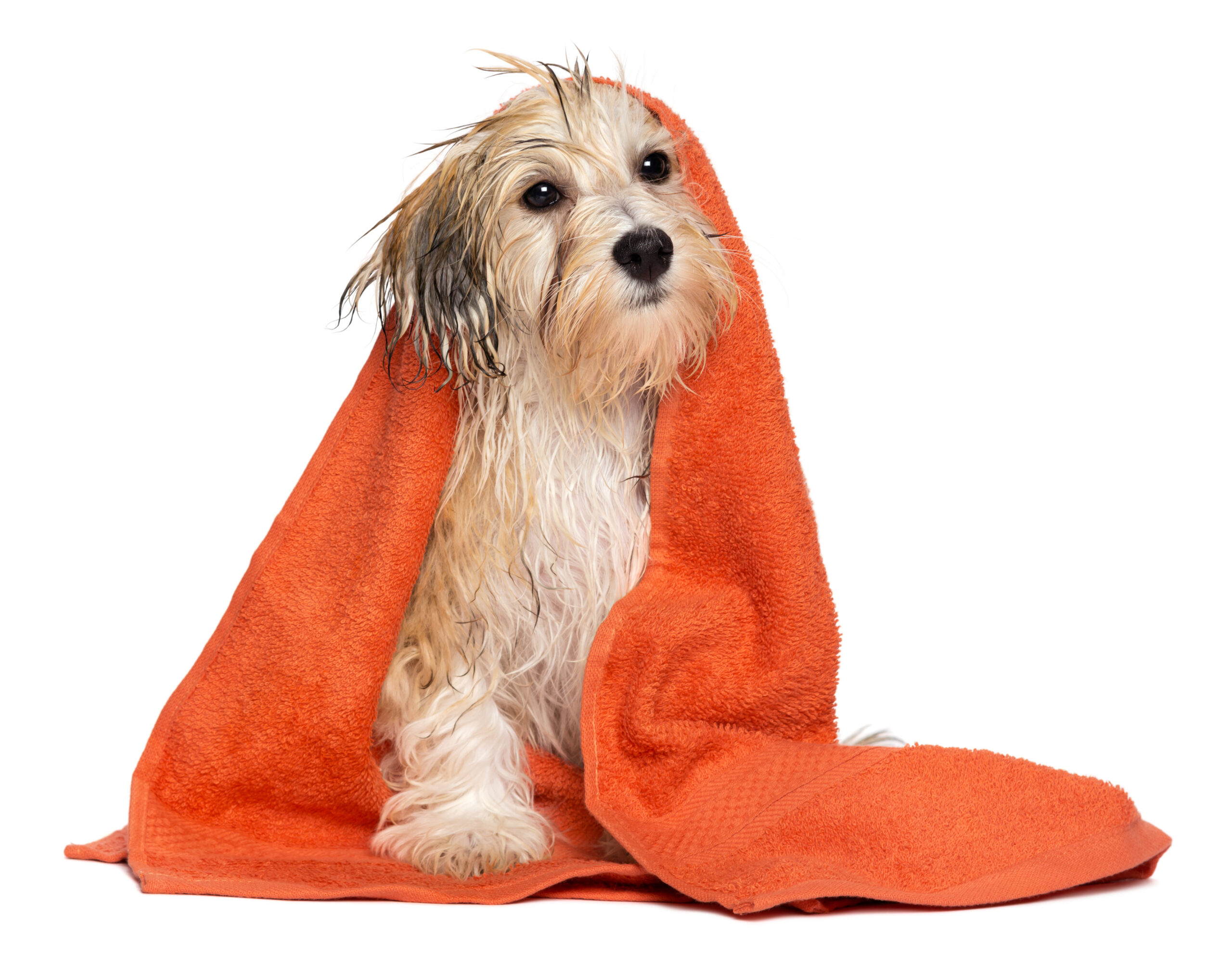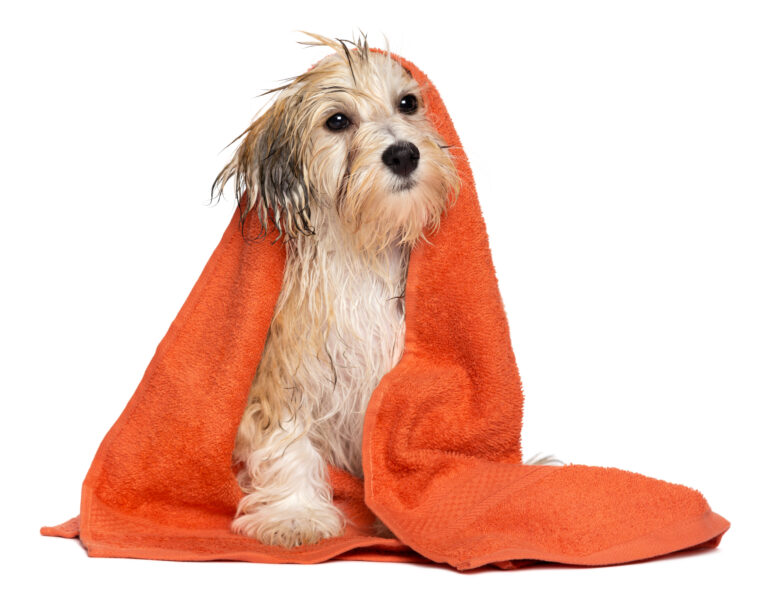Havanese puppies are adorable and loyal companions. As a new pet parent, it is important to understand the common Havanese puppy health issues that may affect your Havanese puppy and how to prevent them. In this article, we will discuss the most common health issues in Havanese puppies and how to keep them healthy.
Dental Health
Like many small breed dogs, Havanese puppies are prone to dental problems such as gum disease, tooth decay, and bad breath. These dental issues can lead to pain, tooth loss, and even systemic health problems if left untreated. As such, it’s essential to establish a dental care routine early on in your Havanese puppy’s life.
One of the most important steps in maintaining your Havanese puppy’s dental health is to brush their teeth regularly. You can start by introducing your puppy to the toothbrush and toothpaste gradually, using positive reinforcement and plenty of treats to make the experience enjoyable. Ideally, you should aim to brush your puppy’s teeth at least twice a week, although daily brushing is even better.
In addition to regular brushing, you can also provide your Havanese puppy with dental chews or toys to help keep their teeth clean and healthy. These products can help remove plaque and tartar buildup, which can contribute to dental problems.
Finally, it’s important to schedule regular dental check-ups with your veterinarian. During these check-ups, your veterinarian will examine your Havanese puppy’s teeth and gums for any signs of dental disease or other problems. They may also recommend professional cleanings or other treatments to help keep your puppy’s teeth and gums healthy.
Eye Health
Havanese puppies are susceptible to a number of eye problems, including cataracts and progressive retinal atrophy (PRA). Cataracts occur when the normally clear lens of the eye becomes cloudy, leading to vision impairment or blindness. PRA is a genetic condition that causes the degeneration of the retina, leading to vision loss and eventual blindness.
Early detection is crucial in preventing these conditions from progressing, and regular eye check-ups with your veterinarian can help with this. During these check-ups, your veterinarian will examine your Havanese puppy’s eyes for any signs of abnormality, including cloudiness or changes in the shape or color of the eyes. They may also perform specialized tests to detect any early signs of cataracts or PRA.
If your veterinarian detects any early signs of these conditions, they may recommend further testing or treatment options to help prevent them from progressing. Treatment options may include medication, surgery, or other interventions depending on the severity of the condition.
It’s important to note that some eye conditions in Havanese puppies are hereditary, so it’s important to choose a reputable breeder who has screened their breeding stock for any genetic eye diseases. Additionally, maintaining a healthy diet and exercise routine for your Havanese puppy can also help prevent the development or progression of eye conditions.
Skin Allergies
Havanese puppies are prone to skin allergies, which can cause itchy and irritated skin. Avoid using harsh chemicals, shampoos, or grooming products that may trigger allergies. Regular grooming and bathing can help prevent skin allergies, and consult with your veterinarian if you notice any unusual skin reactions.

Obesity
Havanese puppies have a small stature, and it is easy for them to gain weight. Obesity can lead to various health problems like heart disease, diabetes, and joint problems. It is important to feed your Havanese puppy a balanced diet and avoid overfeeding. Daily exercise and playtime can also help keep your puppy active and healthy.
Vaccinations and Preventive Care
Regular veterinary check-ups and vaccinations are crucial in keeping your Havanese puppy healthy. Ensure your puppy is up-to-date on all necessary vaccinations, including rabies and distemper. Additionally, preventive care such as flea and tick prevention can help prevent diseases and parasites from affecting your puppy.
In conclusion, keeping your Havanese puppy healthy involves regular check-ups with your veterinarian, a balanced diet, and a consistent exercise routine. By being proactive and taking preventive measures, you can ensure that your Havanese puppy lives a long and healthy life by your side.




